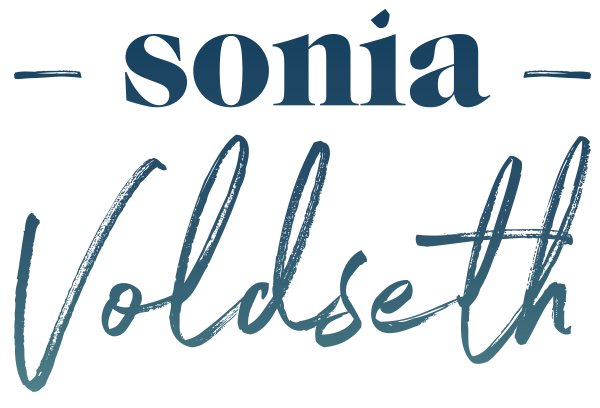Five Myths About Boundaries That Keep You Small
Often when I discuss setting boundaries with people, the belief that setting boundaries must lead to conflict, or that it means you’re ‘not nice’, or that you don’t deserve to have them, turn out to be the biggest barriers.
1.Setting Boundaries Means I’m Selfish/Not Nice/Rude
Nope.
Your commitment to niceness will eventually rob you of your power.
- Julianna Zobrist
That kind of sums it up for me. If you sit back, don't speak up, and believe you don't have the right to take up space, you’re not being kind enough to yourself.
If you really want to be compassionate to others, you first have to practice being compassionate toward you: and to recognise your own physical and emotional needs. If you miss that part you might take too much responsibility for stuff that belongs to other people and feel taken advantage of. This leads to resentment and exhaustion.
It’s more respectful to tell people what’s okay and what’s not okay with you - because they're not left guessing and you're not tapped out.
2. Boundaries ruin relationships.
Not necessarily.
Children are a good example. We teach them to look before they cross the road, to stay away from big holes in the ground, to look before they leap. We do this to keep them safe. Similarly, we need to know what makes us feel safe and unsafe in relationships.
It’s important to have guidelines around how you expect to be treated. We think that somehow people should be able to guess but that’s not always the case. When we can be clear and direct about our boundaries it protects and improves the relationship. Everyone knows what to expect.
Here’s an example of how you might ask:
When you _________________, I feel _________________. I'd like to talk to you about this/ask you to change this behaviour/try to work with me through this.
I said not necessarily at the start of this one, because people aren’t always going to respond well to your boundaries. If you’ve tried to work it through and it’s not working, and your boundaries continue to be ignored, get a professional to help you. Or if you know you need to go because you feel unsafe within the relationship, then please do.
And just to clarify - that wasn’t a boundary ruining a relationship. That was a boundary protecting your relationship with yourself.
3. You don’t have a right to boundaries.
Wrong.
If boundaries weren't modelled to you by your family, or you believed that you weren't allowed to have your own needs or wants, you may not know where to begin.
I like these five from Healthline as a starting point. Once you have these in mind, you can get to the specifics.
I have a right to say no without feeling guilty.
I have a right to be treated with respect.
I have a right to make my needs as important as others.
I have a right to be accepting of my mistakes and failures.
I have a right not to meet others’ unreasonable expectations of me.
4. I Can’t/Shouldn’t Say No
Why?
When you start saying no to the things you don't want to do, you free up time and energy to do what's most important to you.
Of course you're not going to say no to everything anyway. You can still offer help when you feel you're resourced to do so. But saying no when you mean no (instead of letting a yes escape your lips) is empowering. Feeling empowered feels good - and that radiates out to the people around you.
5. I don’t know how so I can’t.
Setting boundaries is a practice.
You're not going to get it right all the time. It’s going to feel uncomfortable and confronting. You might feel guilty or like you're letting people down.
That’s okay. Notice it without acting on it. It will pass.
Keep practicing. It's worth it. You're worth it. And you're still nice.
Photo by Daniel Cheung on Unsplash
